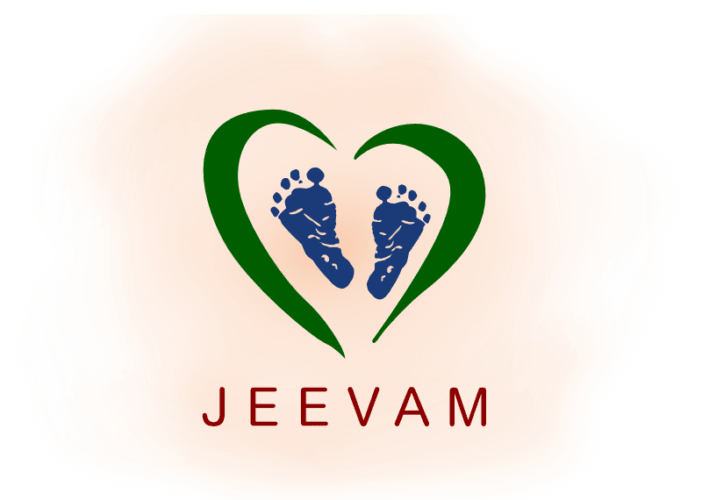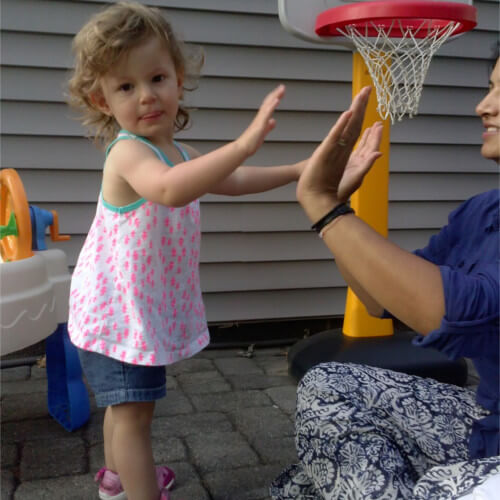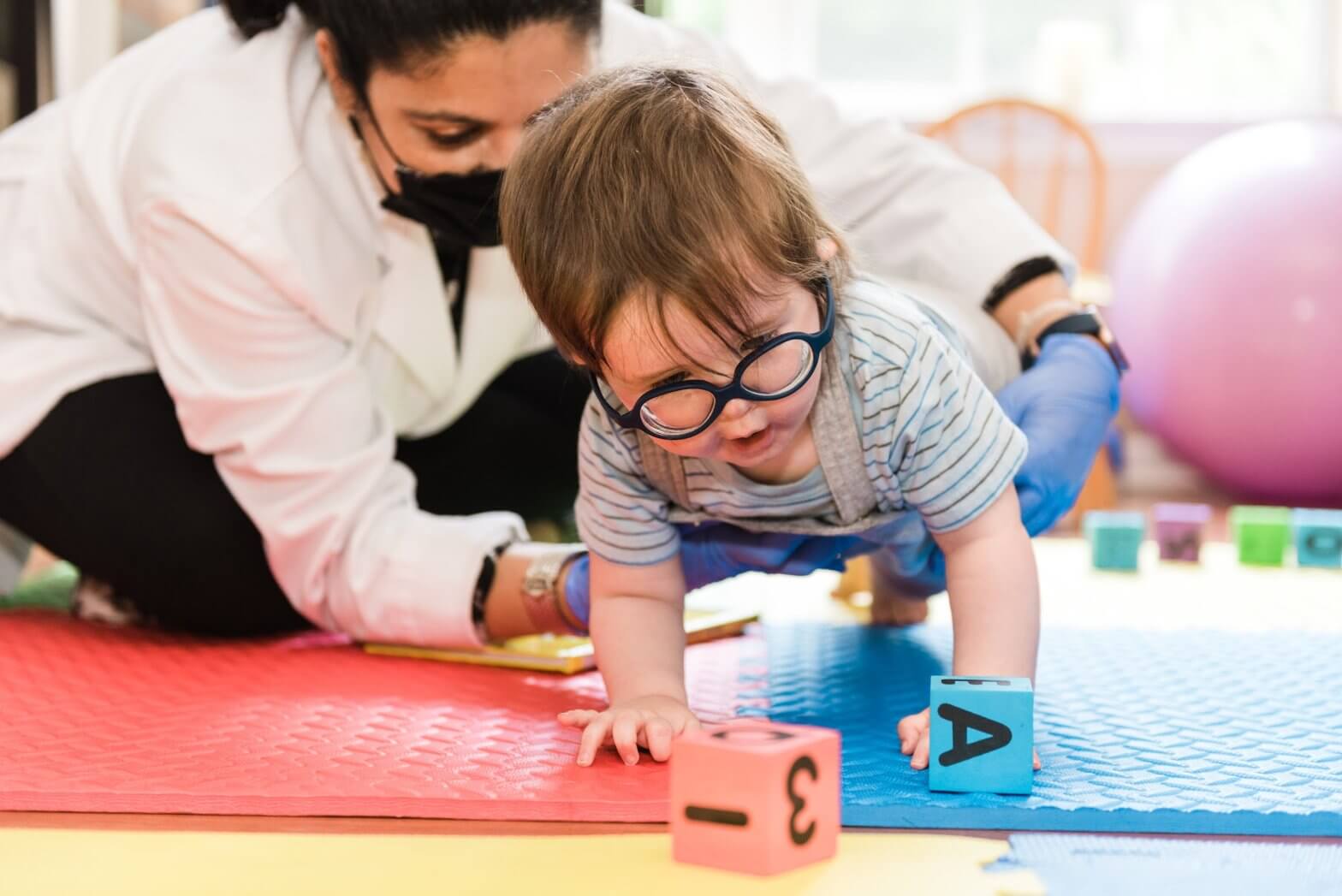Childbirth is a physically demanding process that can sometimes pose risks to both the mother and baby. One rare but serious complication is a stroke occurring in the uterus or during childbirth. This condition can have significant health implications, making awareness, early intervention, and rehabilitation essential.
Causes and Risk Factors
A stroke occurs when blood flow to the brain is interrupted, leading to oxygen deprivation and potential brain damage. During pregnancy and childbirth, several physiological changes can increase the risk of stroke. The body naturally increases clotting ability to prevent excessive bleeding, but this can sometimes lead to dangerous clots. Hormonal fluctuations and high blood pressure, particularly in cases of preeclampsia or eclampsia, also contribute to stroke risk.
Underlying health conditions such as gestational diabetes, obesity, clotting disorders, and heart disease further heighten the chances of stroke. Lifestyle choices, including smoking and substance use, can also play a role. Recognizing and managing these risk factors early can help reduce complications.
Types of Stroke During Pregnancy and Childbirth
Several types of strokes can occur during pregnancy and childbirth:
- Ischemic stroke, the most common type, results from a blockage in an artery supplying blood to the brain.
- Hemorrhagic stroke occurs when a blood vessel ruptures, leading to bleeding in the brain.
- Cerebral venous sinus thrombosis (CVST) is a rare condition in which a clot forms in the brain’s venous sinuses, impairing blood drainage.
- Amniotic fluid embolism (AFE) happens when amniotic fluid enters the mother’s bloodstream, potentially triggering clotting abnormalities and stroke.
Recognizing Stroke Symptoms
Identifying stroke symptoms early is crucial for prompt medical intervention. Some warning signs include sudden weakness or numbness in the face, arm, or leg, particularly on one side of the body. Difficulty speaking, understanding speech, or experiencing severe headaches without a known cause can also be indicators. Vision problems and a loss of coordination or balance may further signal a stroke.
If any of these symptoms arise, immediate medical attention is necessary to minimize potential damage and improve outcomes.
Diagnosis and Treatment
Physicians use imaging tests such as CT scans or MRIs to confirm a stroke and determine its type. Treatment approaches depend on the nature of the stroke:
- Ischemic strokes are treated with clot-busting medications and blood thinners to restore blood flow.
- Hemorrhagic strokes may require surgical intervention to stop bleeding and relieve brain pressure.
- CVST is typically managed with anticoagulants to dissolve clots and restore normal blood circulation.
Recovery and Rehabilitation
Recovering from a stroke can be challenging, but with the right support, many patients regain function and independence. At Jeevam Therapy, rehabilitation focuses on:
- Neuromuscular exercises to improve movement and muscle control
- Balance training to enhance stability and coordination
- Speech and cognitive therapy for individuals experiencing communication or memory difficulties
- Pain management techniques to help alleviate discomfort during recovery
Prevention and Long-Term Care
Although strokes during childbirth are uncommon, taking preventive measures can help lower the risk. Regular prenatal check-ups allow for the monitoring of blood pressure and clotting tendencies. A healthy lifestyle, including balanced nutrition and regular exercise, can further support overall well-being. Managing stress through techniques like prenatal yoga or meditation may also be beneficial. Additionally, avoiding smoking and alcohol consumption can significantly reduce stroke risk.
Conclusion
Understanding the risks associated with stroke during childbirth empowers women to take proactive steps for prevention, early detection, and effective recovery. Jeevam Therapy is committed to supporting mothers on their rehabilitation journey, offering personalized care to help them regain strength and confidence. Contact our Metuchen and Paramus, NJ offices today! Schedule a screening at our clinics for a nominal fee and learn about the next steps for your treatment.




